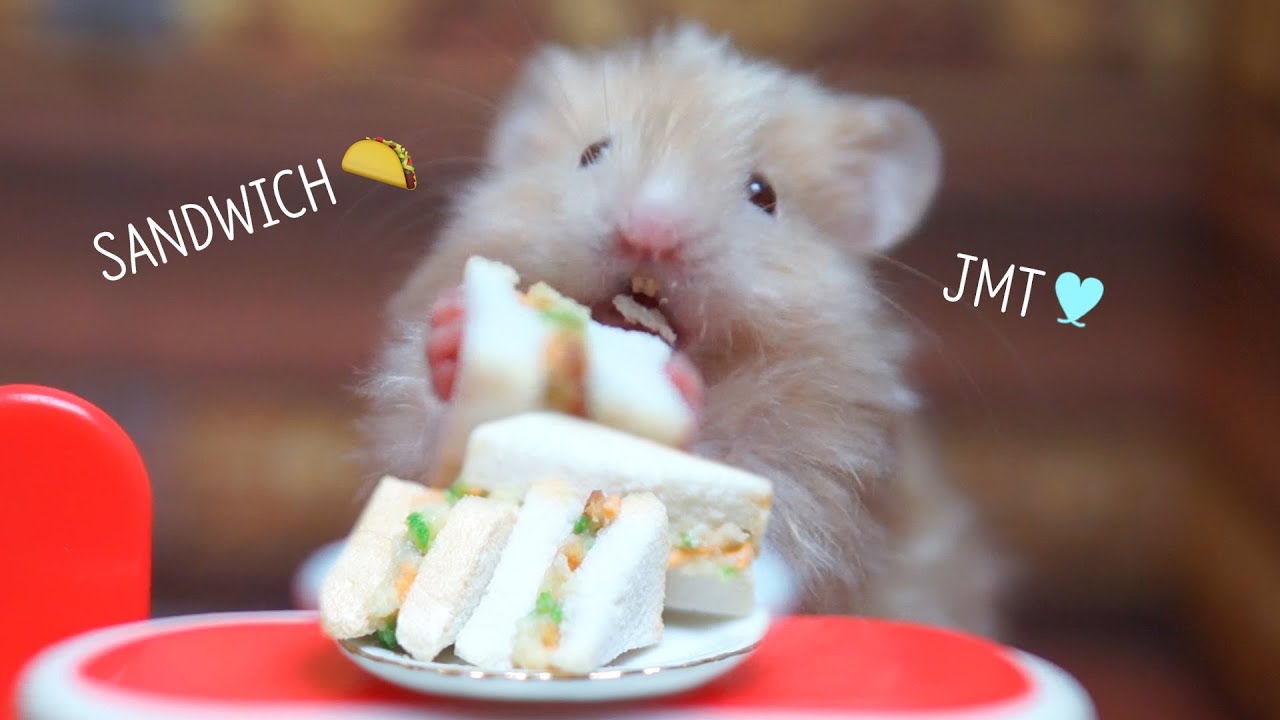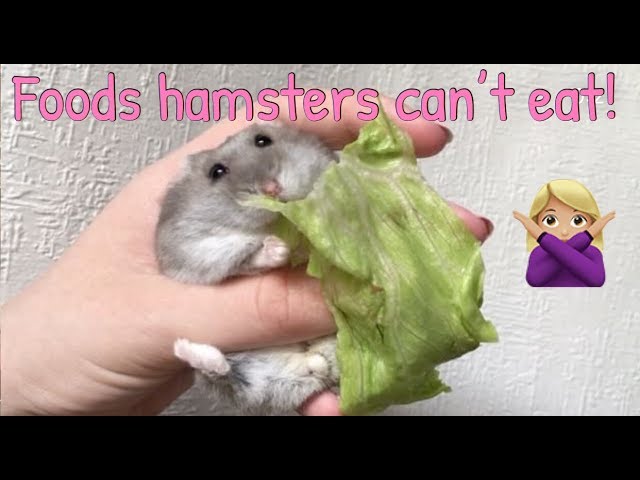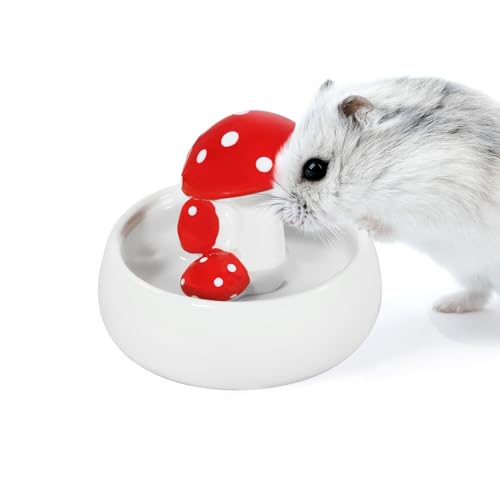When it comes to our beloved furry companions, it’s natural for us to want to spoil them with tasty treats. And when it comes to hamsters, their insatiable appetite and love for munching often leads us to wonder, “can hamsters have cheese?” This question has sparked many debates among hamster owners, with some arguing that cheese is a perfectly safe treat while others advise against it.
As with any pet, it’s crucial to understand the nutritional needs and potential risks associated with certain foods before feeding them to our furry friends.
In this comprehensive guide, we will dive into the complexities of cheese consumption for hamsters, exploring its nutritional value, risks, and best practices for responsible feeding.
>> READ MORE:
- Can Hamsters Eat Zucchini? A Comprehensive Guide to This Popular Veggie
- Can Hamsters Eat Bananas? A Guide to Safe Treats
- Can Hamsters Have Bread? A Comprehensive Guide to Feeding Your Furry Friend
- Can Hamsters Eat Carrots? for Hamster Owners
The Nutritional Value of Cheese for Hamsters

Cheese is a dairy product made from milk, making it a source of essential nutrients such as calcium, protein, and fat. However, the specific nutritional value of cheese varies depending on the type and brand. While cheese may seem like an innocent and delicious treat, it’s essential to be aware of its potential negative impact on hamsters’ health. Let’s take a closer look at the nutritional components of cheese and how they may affect our tiny friends.
Calcium
One of the main reasons why cheese is often considered a good treat for hamsters is its calcium content. Calcium is an essential mineral that plays a vital role in maintaining bone health and preventing conditions such as osteoporosis. Hamsters, like all animals, require adequate amounts of calcium in their diet to maintain strong bones and teeth. Without enough calcium, they may develop skeletal problems, including brittle bones or tooth decay. However, it’s crucial to note that hamsters do not require as much calcium as other species, such as rats or mice. Therefore, overfeeding cheese to your hamster can lead to an excess intake of calcium, which can cause adverse effects on their health.
Fat
While high-fat foods may be a guilty pleasure for humans, they are not suitable for hamsters. These small creatures have a much faster metabolism than us, and as a result, they need to eat frequently to maintain their energy levels. However, this also means that they are more prone to obesity, which can lead to various health problems such as heart disease, diabetes, and reduced lifespan. Cheese is a high-fat food, with some types containing up to 30% fat content. Overfeeding cheese can contribute to weight gain in hamsters, making it a risky option for regular consumption.
Salt
Salt is another component of cheese that can cause harm to our tiny friends. Excessive salt intake can strain a hamster’s kidneys, leading to dehydration. Hamsters’ small bodies are not equipped to handle large amounts of salt, making them more susceptible to its negative effects. Some types of cheese, such as feta or blue cheese, have higher salt content than others, making them riskier options for hamsters. A high-salt diet can also lead to urinary tract problems, which can be painful and even life-threatening for these small animals.
Types of Cheese Safe for Hamsters (and Those to Avoid)

Now that we’ve discussed the nutritional components of cheese, let’s explore which types are safe for hamsters to consume and which ones should be avoided.
Safe Types of Cheese for Hamsters
The best option when it comes to feeding cheese to your hamster is to opt for low-fat, low-salt varieties. Cottage cheese, ricotta cheese, and mozzarella cheese are all suitable choices for hamsters. These types of cheese contain lower amounts of fat and salt compared to other varieties, making them safer options for your furry friend. Additionally, these types of cheese are rich in protein, which is essential for muscle growth and maintenance in hamsters.
Types of Cheese to Avoid
When it comes to cheese, some varieties are not safe for hamsters to consume due to their high-fat and high-salt content. These include cream cheese, brie, cheddar, and any processed cheese products. These types of cheese not only have high amounts of fat and salt but also contain additional additives that can be harmful to hamsters. Avoid feeding your hamster any cheese with added flavors, such as herbs or spices, as these can upset their sensitive digestive system.
How Much Cheese Can Hamsters Eat?

As with any treat, moderation is key when it comes to feeding cheese to your hamster. While some types may be safer than others, it’s crucial to remember that cheese should still be considered a treat rather than a staple in a hamster’s diet. A small amount of cheese once or twice a week is enough for your furry friend to enjoy without putting their health at risk. The recommended portion size for hamsters is no more than a pea-sized amount of cheese per serving. It’s also essential to monitor your hamster’s weight and adjust the amount of cheese given accordingly. If you notice any signs of weight gain, it’s best to reduce or eliminate cheese from their diet altogether.
The Risks of Feeding Cheese to Hamsters

While cheese may seem like a harmless treat, there are some potential risks associated with feeding it to hamsters. These risks include obesity, dehydration, digestive problems, and even choking. As previously mentioned, cheese is high in fat and salt, both of which can lead to weight gain and strain on a hamster’s kidneys. Additionally, the high-fat content of cheese can cause digestive issues such as diarrhea or constipation in hamsters. Some types of cheese, particularly harder ones like cheddar, can also pose a choking hazard to these small animals. To minimize the risks, it’s important to follow the recommended portion size and opt for low-fat, low-salt varieties.
Alternatives to Cheese for Hamsters

While cheese may be a tempting treat for hamsters, there are plenty of alternative options for tasty and nutritious snacks. Fruits and vegetables are excellent choices for hamsters as they provide essential vitamins and minerals without the added fat and salt. Some safe options include carrots, broccoli, apples, and blueberries. You can also offer your hamster small amounts of cooked meat, such as chicken or turkey, as an occasional treat. However, it’s crucial to remember that these treats should not exceed 10% of your hamster’s overall diet.
Conclusion
In conclusion, while cheese may seem like a delicious and harmless treat for hamsters, there are certain factors to consider before feeding it to them. While it does have some nutritional value, its high-fat and high-salt content can lead to health problems if consumed in excess. When choosing to feed your hamster cheese, opt for low-fat, low-salt varieties and always stick to the recommended portion size. It’s also essential to monitor your hamster’s weight and adjust their diet accordingly. Remember, moderation is key when it comes to treating our furry friends, and there are plenty of other safe and nutritious options available. By following these guidelines, you can ensure that your hamster stays happy, healthy, and well-fed.

